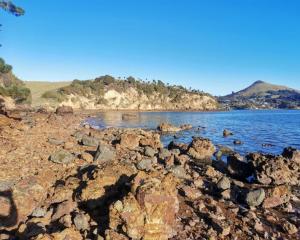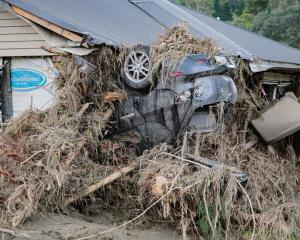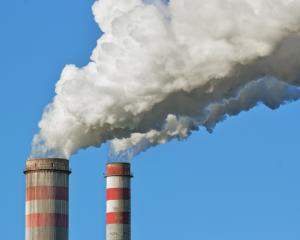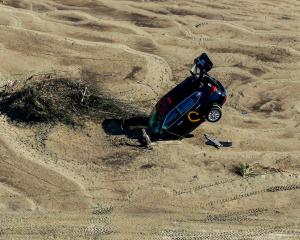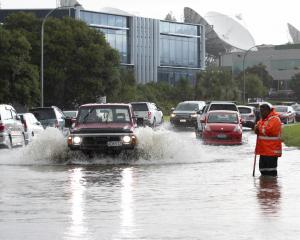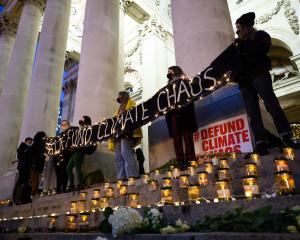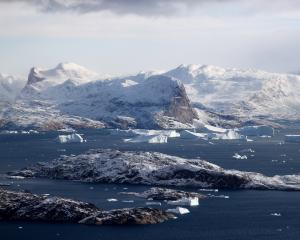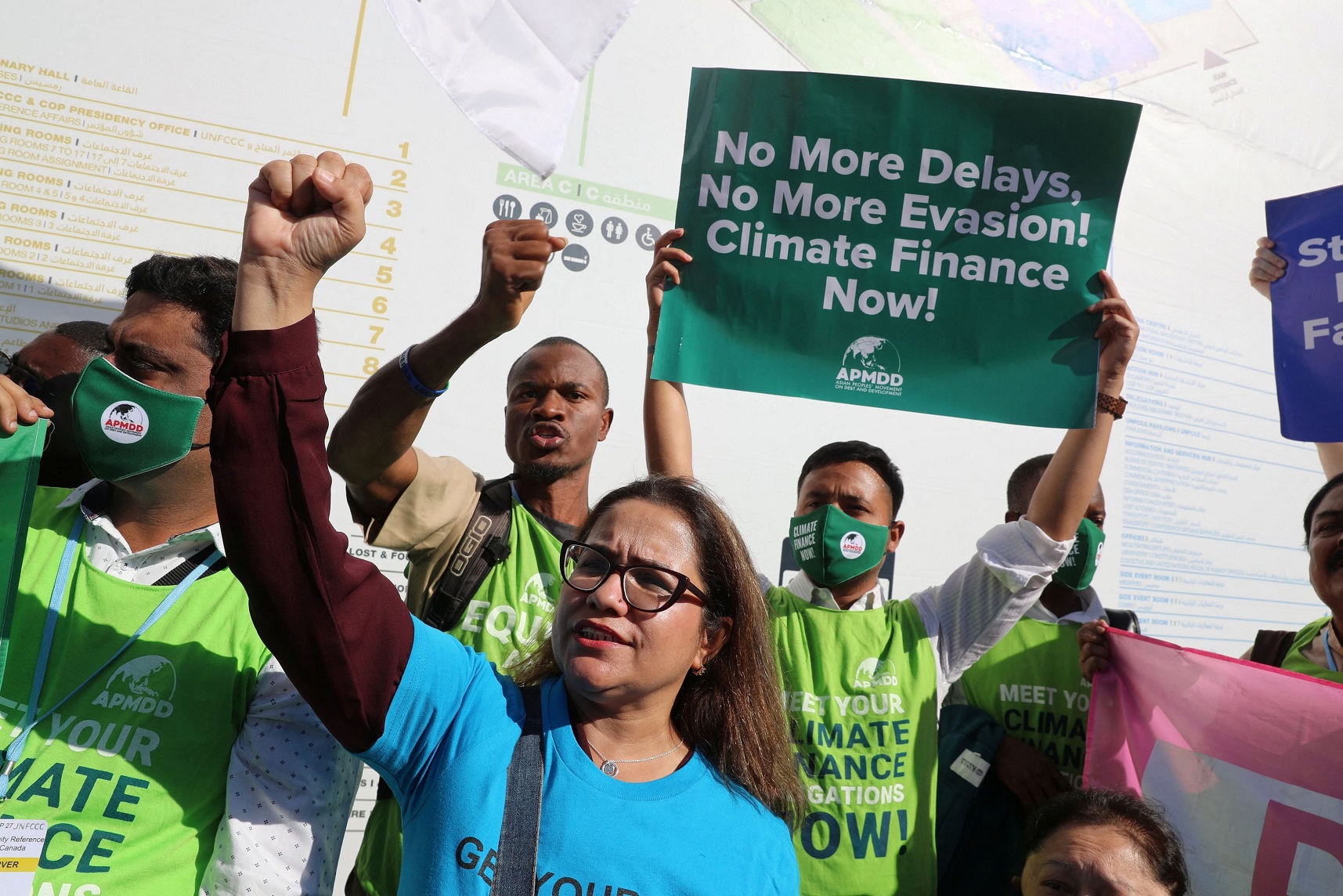

The movie goes like this. Climate scientist Jack Hall (that’s Quaid) presents his team’s latest findings to a UN conference in India. The findings forecast climate disasters due to anthropogenic climate change. The findings are summarily dismissed as overblown by the international community. Disaster strikes. Turns out the consequences were not only very real, but happening at a much accelerated rate. Everyone must adapt to the new challenges. The world of "after" is a changed one. Great movie.
Egypt is hosting the COP27 climate change conference this week and next. There, life imitates art. The latest UN scientific reports foretell an increasingly likely future of "irreversible" climate catastrophe unless far-reaching measures are undertaken to curb our emissions. Sobering models and probabilities will be centre stage while experts talk about timeframes, regional impacts and funding.
Unlike the movie, the question hanging over COP27 does not seem to be whether the threat is as pressing as described. It is. But whether combating climate change can attain priority today in a crowded list of global issues. Even at the best of times, nations’ capacity to co-ordinate effective climate action has a middling record. This year there has been no shortage of catastrophes for world governments to put above climate change. There’s the Russian invasion of Ukraine, a subsequent roiling global energy crisis and pervasive destabilisation caused by the economic contagion of planet-wide long covid. It is, and has been, a rough few years. And we are certainly not out the woods yet.
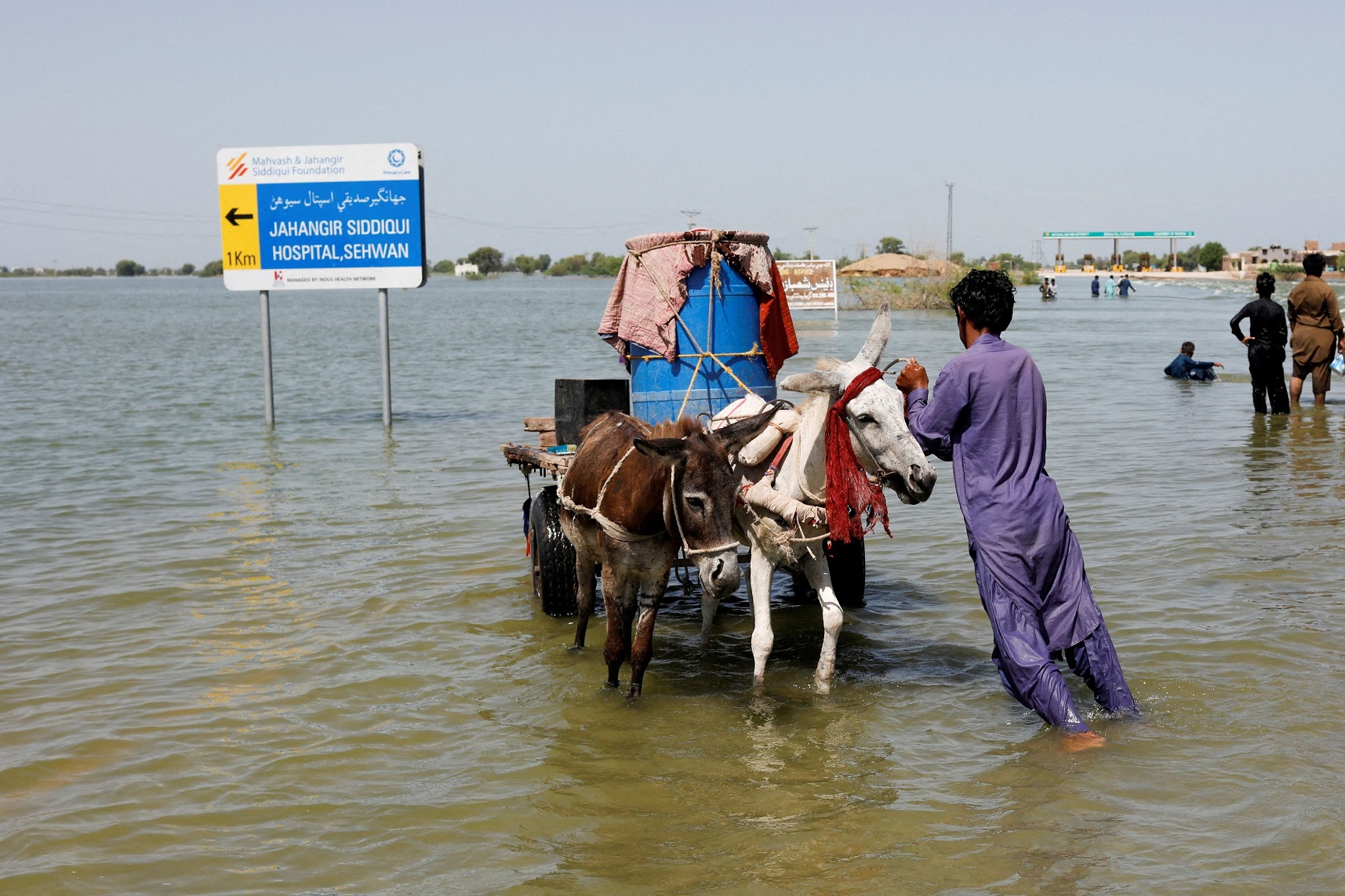
I am part of the emerging generation of young people and climate researchers that is well aware of the grim projections for 2040 and 2050 being put to COP27. We will live in whatever adaptation strategy is dreamt up. We are the ones facing down a tomorrow of "irreversible" loss and damage. The skin in the game is our own, and I like to think we are acting accordingly.
At this moment, COP27 is considering measures to mitigate the worst possible outcomes for "future generations". I hope they appreciate that those "future generations" are already on the ground and itching for a faster rate of change, some having been radicalised by a 2004 disaster flick.
The range of global challenges need not distract from the thinking about fighting climate change. There are always takeaways that are applicable and we need to learn from them to action change. In all likelihood the day after tomorrow is closer than we think.
Ben Tombs is a PhD Student at the University of Otago, a legal and policy researcher at the Environmental Defence Society and an advisory group member of He Kaupapa Hononga.


